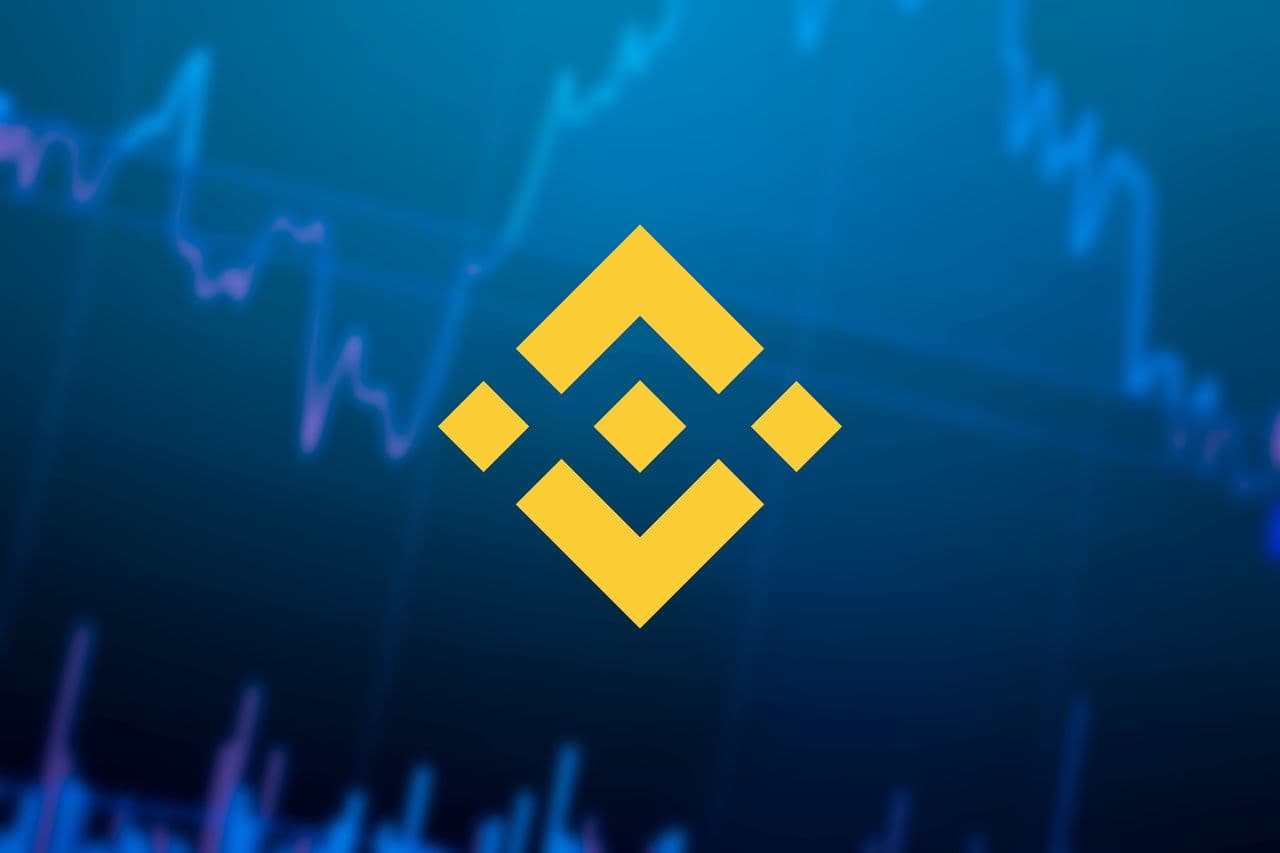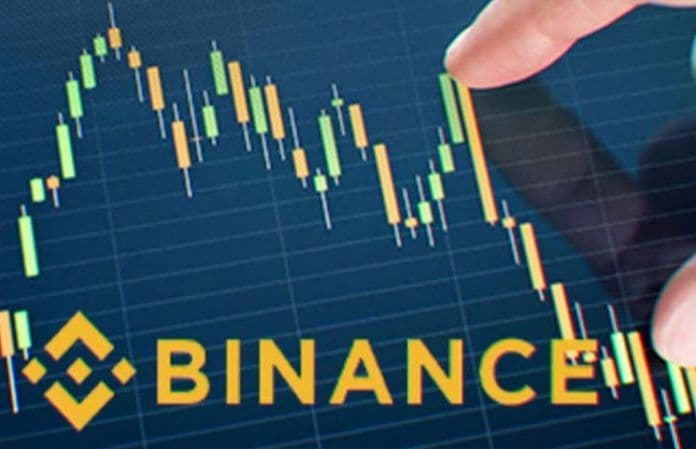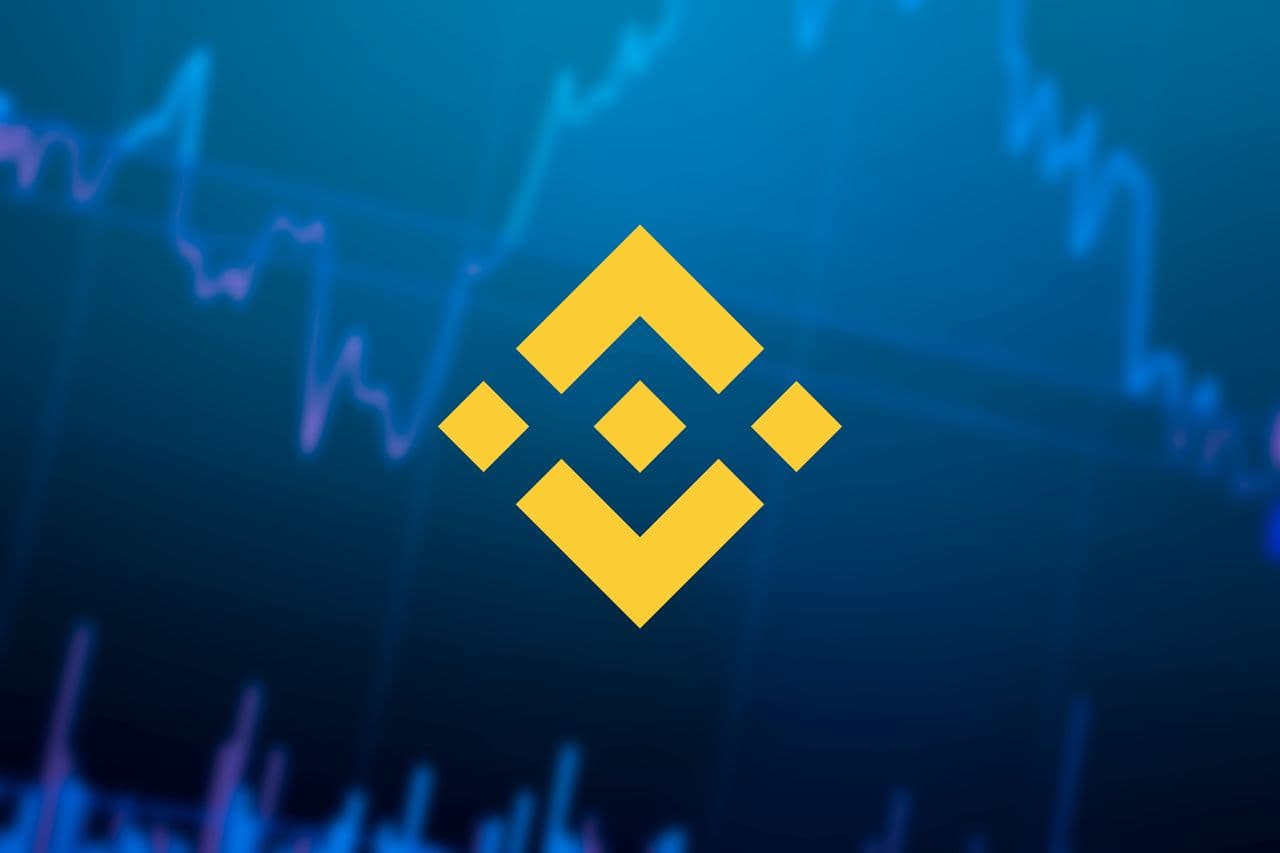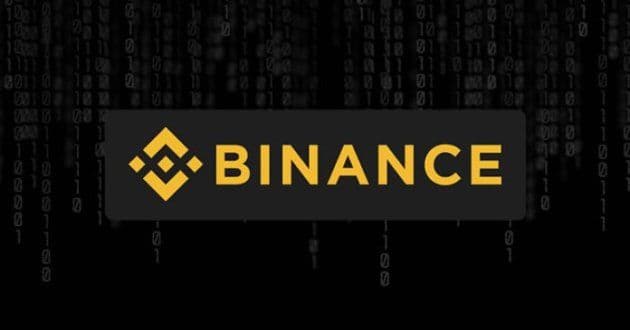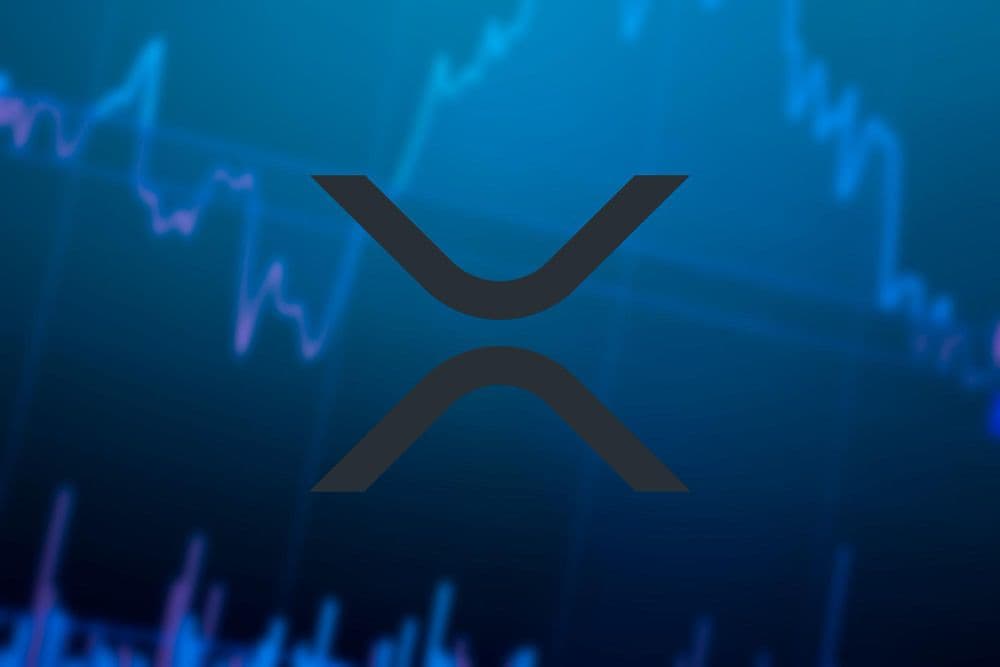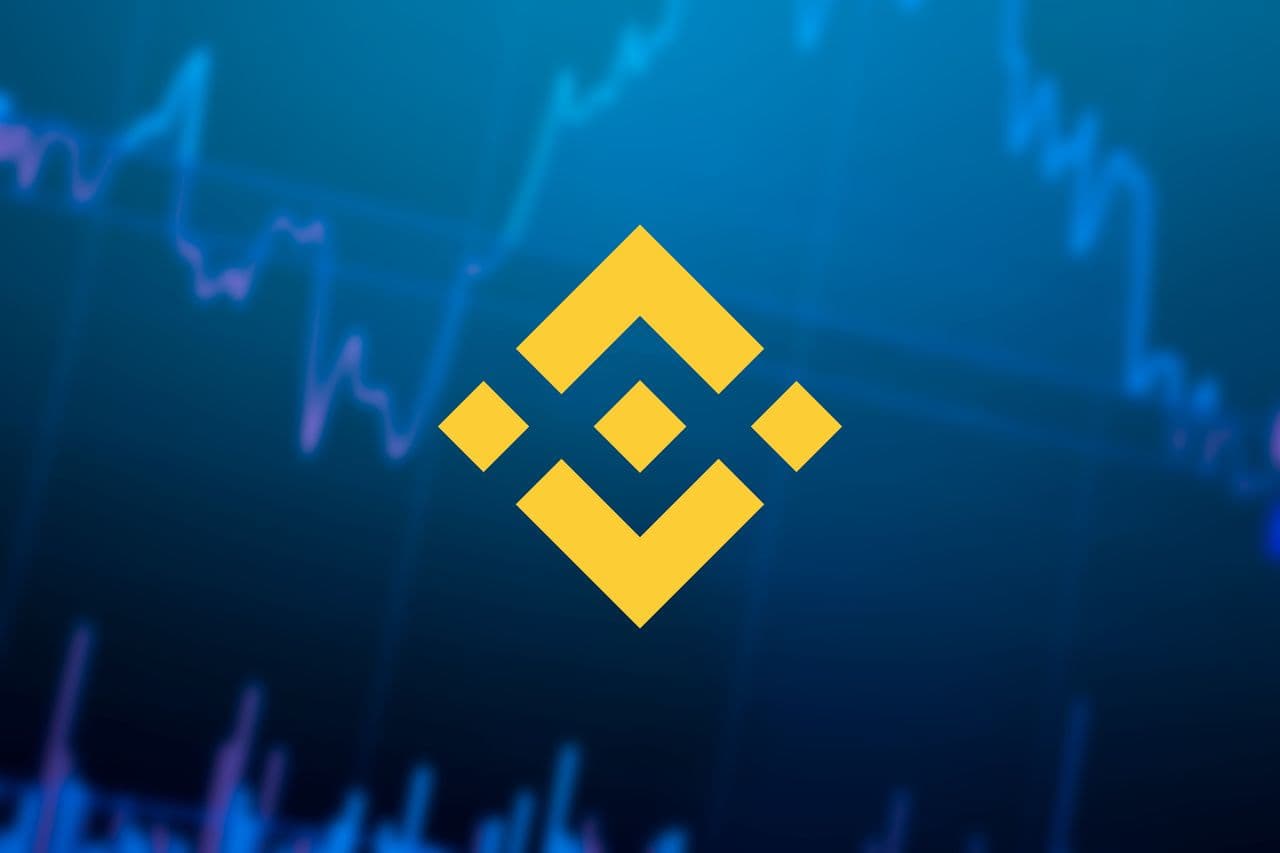Binance CEO Faces Legal Action from SEC on Alleged Securities Violations
The SEC has initiated legal action against Binance, one of the world's largest cryptocurrency exchange platforms, and its CEO Changpeng Zhao.

The U.S. Securities and Exchange Commission (SEC) has initiated legal action against Binance, one of the world’s largest cryptocurrency exchange platforms, and its CEO Changpeng Zhao. The SEC alleges that the company and its chief executive have violated U.S. securities rules.
The financial regulator’s charges against Binance are a significant move in its ongoing scrutiny of the rapidly evolving crypto industry. This move aligns with SEC’s aim to safeguard investors and maintain fair, orderly, and efficient markets.
Binance Lawsuit: Violations of Securities Laws
According to the SEC, Binance and Zhao have been operating without due regulatory oversight and have failed to comply with a host of U.S. securities laws. These laws are designed to protect investors by regulating the exchange’s operations and the types of assets it can list.
Binance’s operations have raised concerns for the SEC due to its listing of various types of digital assets. The commission alleges that some of these assets should be classified as securities, making their listing and sale on the platform subject to more stringent regulatory requirements.
Zhao’s Alleged Role
Changpeng Zhao, Binance’s CEO, is specifically accused of not taking the necessary steps to ensure the exchange’s adherence to securities laws. His role and responsibility in failing to acquire appropriate regulatory approval for operations in the U.S. have been heavily emphasized in the SEC’s lawsuit.
Implications for the Crypto Industry
This legal development involving one of the biggest players in the crypto market could have far-reaching implications for the industry. The outcome of this lawsuit could set a precedent for how other crypto exchanges operate in the U.S, potentially leading to more rigorous regulatory scrutiny and enforcement.
The SEC’s aggressive stance towards Binance and its CEO reflects a broader trend of increasing regulatory pressure on cryptocurrency platforms, indicating a shift towards tighter oversight over this burgeoning sector. This lawsuit serves as a warning to other digital asset platforms that regulatory compliance is not optional and may change the landscape of the digital asset industry in the U.S.






